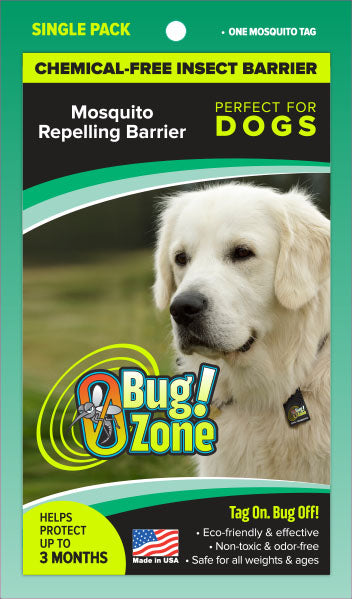- Joined
- Jun 28, 2018
- Messages
- 13
Hi All! I've been asked a lot about Triple E lately from my clients, and put a blog together to help provide some general information. It is not uploaded to our website yet (technology!), but after talking with Dr. Jeff last night we decided it would be good to post here too. Enjoy!

